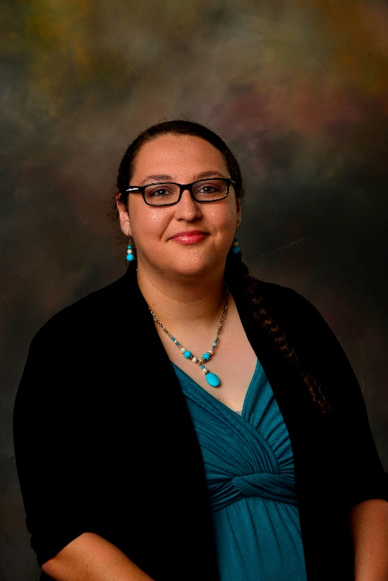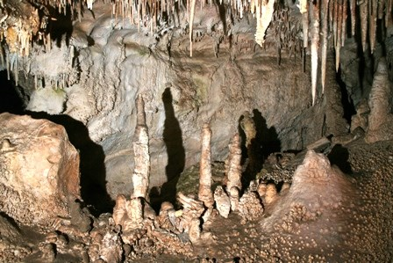COSAM News Articles 2020 February Auburn University Ph.D. Student Studies Ancient Southeastern Climates to understand the Modern Climate Change Implications for the Future
Auburn University Ph.D. Student Studies Ancient Southeastern Climates to understand the Modern Climate Change Implications for the Future
Leah Travis-Taylor is a new Ph.D. student at the Auburn University Department of Geosciences. Leah completed her Bachelor of Science and Master of Science degrees at the University of Alabama and her studies focused on the behavior of ancient, extinct marine reptiles in the ecosystems that sustained them during a past warm climate. Her research adds perspective on the implications of climate change on modern-day marine reptiles. Leah’s grandmother is a citizen of the Poarch Band of Creek Indians in Alabama, and Leah is actively involved in SACNAS (Society for Advancement of Chicanos/Hispanics and Native Americans in Science). Now at Auburn University, Leah specializes in the study of ancient climates (paleoclimatology), and her research investigates past precipitation variability in the Gulf of Mexico region from evidence found in stalagmites. Stalagmites are rock formations common in limestone caves, that form from material deposited from water dripped from the cave ceiling. Stalagmites are layered and can provide clues into changes in past hydrology and precipitation going back thousands of years.
Through the development of stalagmite records from caves in the Gulf of Mexico and Caribbean regions, Leah’s work will produce some of the oldest, highest-resolution records in these areas. This can provide Tribal Nations in the Southeast region with more information on hydroclimate variability in order to mitigate climate change impacts from more intense events, such as droughts and flooding.
Story by United South and Eastern Tribes, Inc.
Latest Headlines
-
07/09/2024
-
Summer Bridge Program celebrates 21 incoming Auburn students as they prepare for future STEM careers07/02/2024
-
07/02/2024
-
06/17/2024
-
06/07/2024


